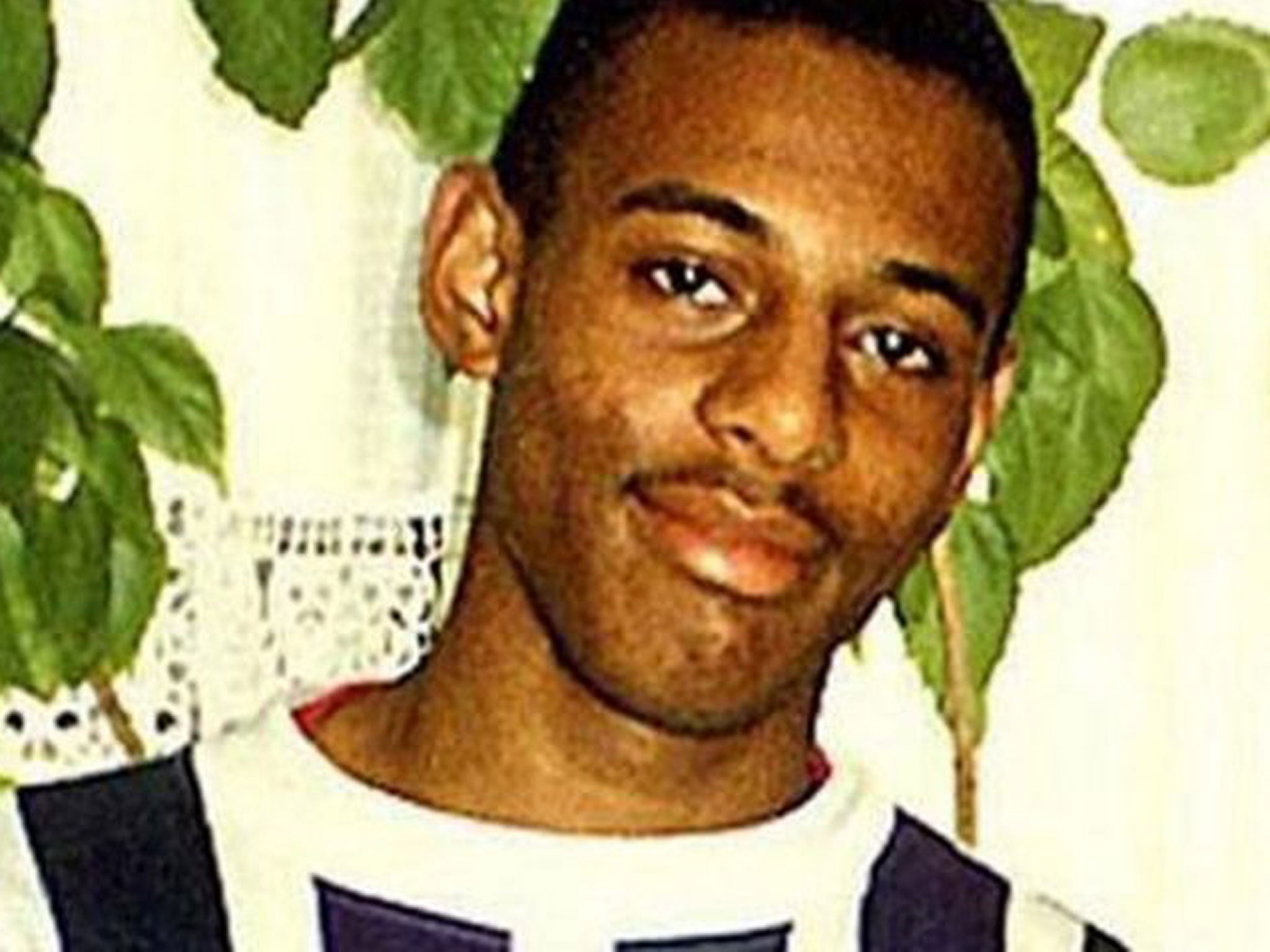Metropolitan Police still institutionally racist 20 years after Stephen Lawrence murder, black police leaders say

Your support helps us to tell the story
From reproductive rights to climate change to Big Tech, The Independent is on the ground when the story is developing. Whether it's investigating the financials of Elon Musk's pro-Trump PAC or producing our latest documentary, 'The A Word', which shines a light on the American women fighting for reproductive rights, we know how important it is to parse out the facts from the messaging.
At such a critical moment in US history, we need reporters on the ground. Your donation allows us to keep sending journalists to speak to both sides of the story.
The Independent is trusted by Americans across the entire political spectrum. And unlike many other quality news outlets, we choose not to lock Americans out of our reporting and analysis with paywalls. We believe quality journalism should be available to everyone, paid for by those who can afford it.
Your support makes all the difference.Talented black people should be allowed to enter the police at senior levels to tackle the lack of ethnic recruits, a group has demanded as Britain marks the 20th anniversary of the murder of Stephen Lawrence.
The National Black Police Association said the policy, at the heart of controversial government police reforms, is needed to tackle the chronic shortage of black officers in England and Wales.
However Dr Richard Stone, a member of the Macpherson Inquiry panel which changed the nature of policing with its 1999 report into the murder, warned that positive discrimination would be “dangerous”.
Marking the anniversary today, the Prime Minister will say that the “institutional racism” finding – first made in the 1999 Macpherson report into the Lawrence killing and the police response – was part of a process of “monumental change” in society and posed profound questions both of government and the police.
However, the Metropolitan Police’s Black Police Association (MBPA) used the occasion to claim that Britain’s largest force was still “institutionally racist”. A statement cited by The Guardian pointed to the disproportionate use of stop and search powers against the black community and the lack of advancement by senior ethnic minority officers as structural problems that remain.
The national BPA said it was unacceptable that less than 5 per cent of officers in England and Wales were from ethnic minority backgrounds. And the Met branch called for more to be done by the leadership of the force to get rid of the problem.
Dr Richard Stone said: “It really does need some leadership to get rid of this problem. It always keeps exploding in their faces. Every year there’s something about racism going from Scarman (the report into the 1981 Brixton riots) onwards.”
The MPBA has made the claim about institutional racism on a number of occasions including in 2010 after the jailing of its former national head, ex-Met commander Ali Dizaei, for corruption.
However, the latest complaint is likely to disappoint senior officers at the force who point to advances in recruitment and attitude to support their claims.
The Met now has four black or ethnic minority officers among the 34 at commander rank or above – well below the city’s average, but there were none at the conclusion of the trial of two of his killers last year. One in ten officers of all ranks are from black or minority ethnic backgrounds
The Commissioner Sir Bernard Hogan-Howe said there had been improvements in the force and said he hoped it was not institutionally racist.
“I don't think it's for me to judge. It seems to me that the judgement of the public is the strongest judgement. If they think we are, then we are. I think there is lots of evidence to say it isn't true and that we're actually doing a pretty good job and we are improving all the time."
A poster about the Lawrence case will be put up at Scotland Yard today on the 20 anniversary of his death with a message from Sir Bernard. It reads: “Twenty years ago the Lawrence family lost their loved son, Stephen. We let them down by not catching his murderers. Then last year we finally brought two of his killers to justice. The Met won't forget Stephen Lawrence."
Two of his killers, Gary Dobson and David Norris, were found guilty last year following a forensic breakthrough in the case. They were part of a group of men who racially abused and then stabbed the 18-year-old student as he walked home with a friend in Eltham, southeast London.
However, other members of the gang remain free and senior officers said it remained a “live” inquiry, though the dead man’s campaigning mother, Doreen Lawrence, has cast doubt on any chance anybody else would be prosecuted for the killing.
A memorial service will be held in central London tomorrow, expected to be attended by senior police and politicians. Stephen Lawrence’s father, Neville, will take flowers to a secluded plot in Jamaica where his son is buried.
The case continues to raise controversy with a review ordered by Home Secretary Theresa May of allegations of police corruption during the original inquiry due to report in July.
The murder and the inquiry had a major impact throughout society and forced state bodies and institutions to examine their own attitudes and policies to racist behaviour. Despite the changes, Mrs Lawrence said that she doubted Britain could have a black Prime Minister in her lifetime.
David Cameron will today praise the impact that Mrs Lawrence had and the change that has taken place “Much has been achieved, but we know that more still needs to be done. We owe this to the memory of Stephen," he said.
Join our commenting forum
Join thought-provoking conversations, follow other Independent readers and see their replies
Comments